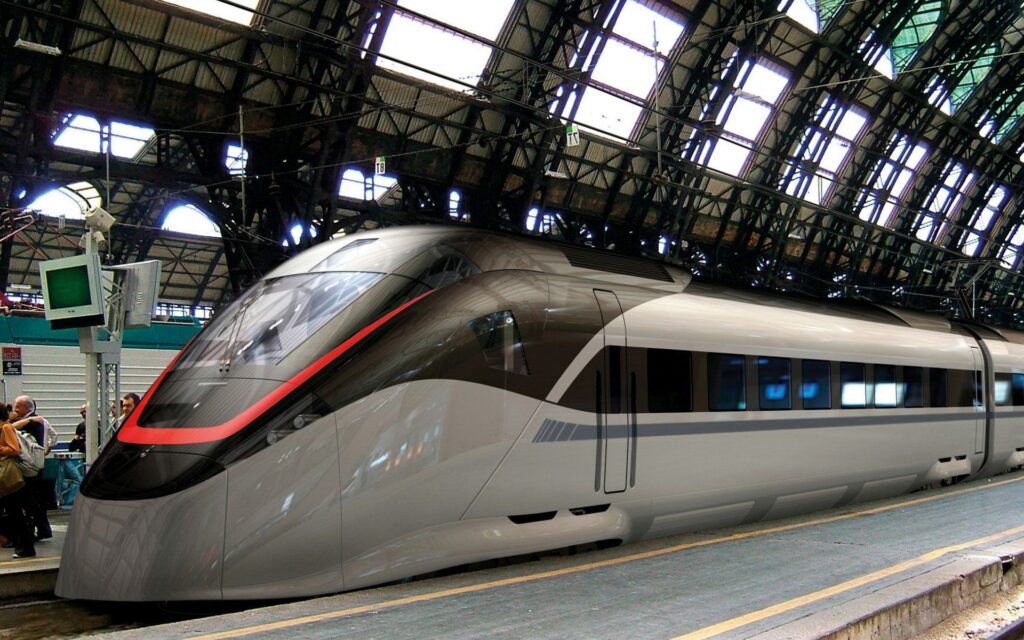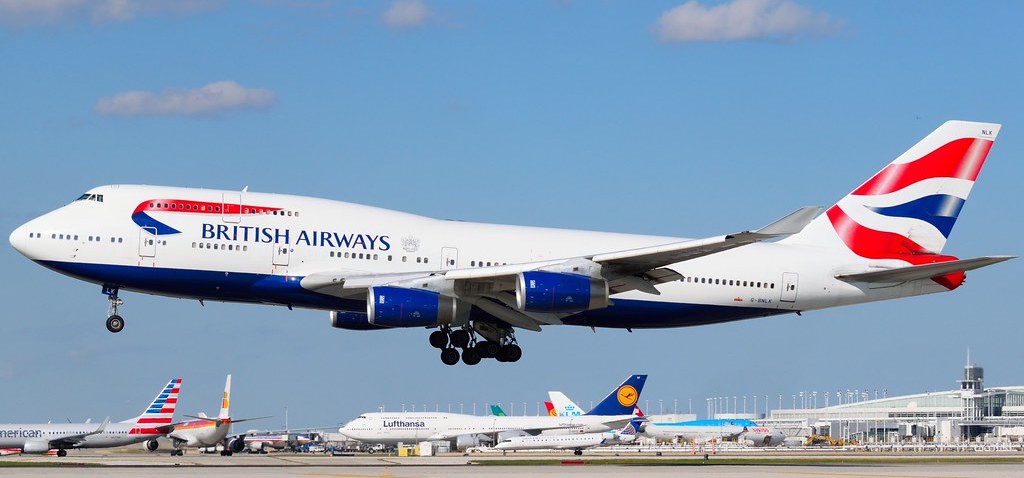Hitachi Rail Successfully Tests First Battery-Powered Tram
Battery-powered tram offers major benefits of requiring no overhead wires or other electrified infrastructure – saving on costs and visual impact On-board batteries allow energy to be additionally recovered during breaking Trial in Florence aims to allow mobility firm to…




